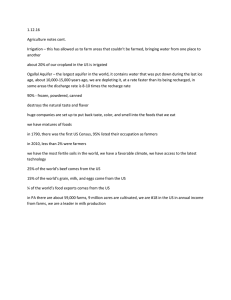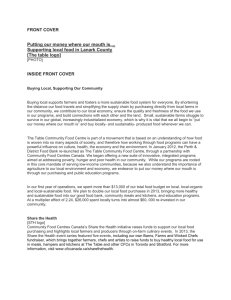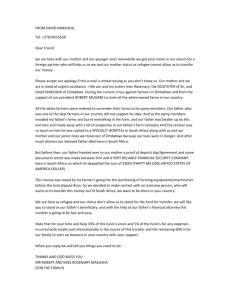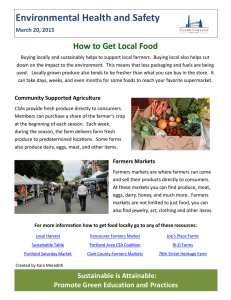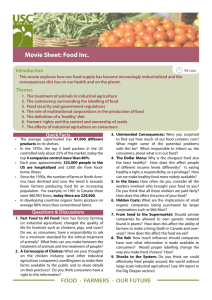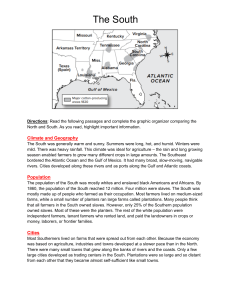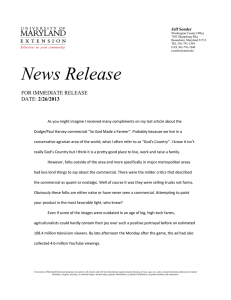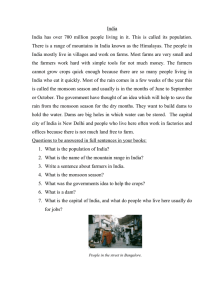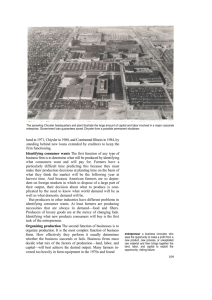Chapter 14 Section 2
advertisement
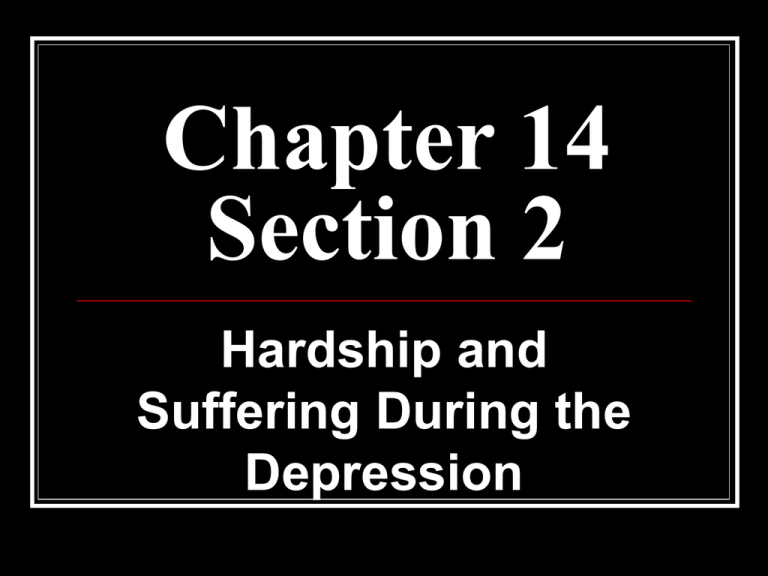
Chapter 14 Section 2 Hardship and Suffering During the Depression Employment Many people found themselves out of jobs for years; women, African American men, Mexican American men were discriminated against in the workplace and became targets of hostility Housing Many unemployed people lost their homes; many homeless lived in the streets or in shanty towns; many farmers lost their farms. Farming Farmland already exhausted through overproduction was hit with drought and winds, turning the plains into a dust bowl; dramatic decrease in farm prices and income; many farmers lost ownership of their farms and were forced to become tenant farmers or farm laborers. Race Relations Intense competition for jobs sparked existing racial resentments into open hostility and violence; in 1933, 24 African Americans were lynched, thousands of Mexican Americans left the U.S. voluntarily or were deported. Family Life The Depression strengthened family ties, but also increased family tensions; some men abandoned their families, discouraged by their inability to provide for them; women also faced greater pressures to provide for themselves and their families. Physical Health Poor and homeless people scavenged or begged for food or turned to soup kitchens and bread lines; poor diet and lack of health care increased rates of serious health problems; malnutrition and starvation grew more common. Emotional Health Many people became demoralized; suicide and admissions to mental hospitals increased dramatically; people were forced to accept compromises that would affect the rest of their lives; some people came to want financial security more than anything else in life.

